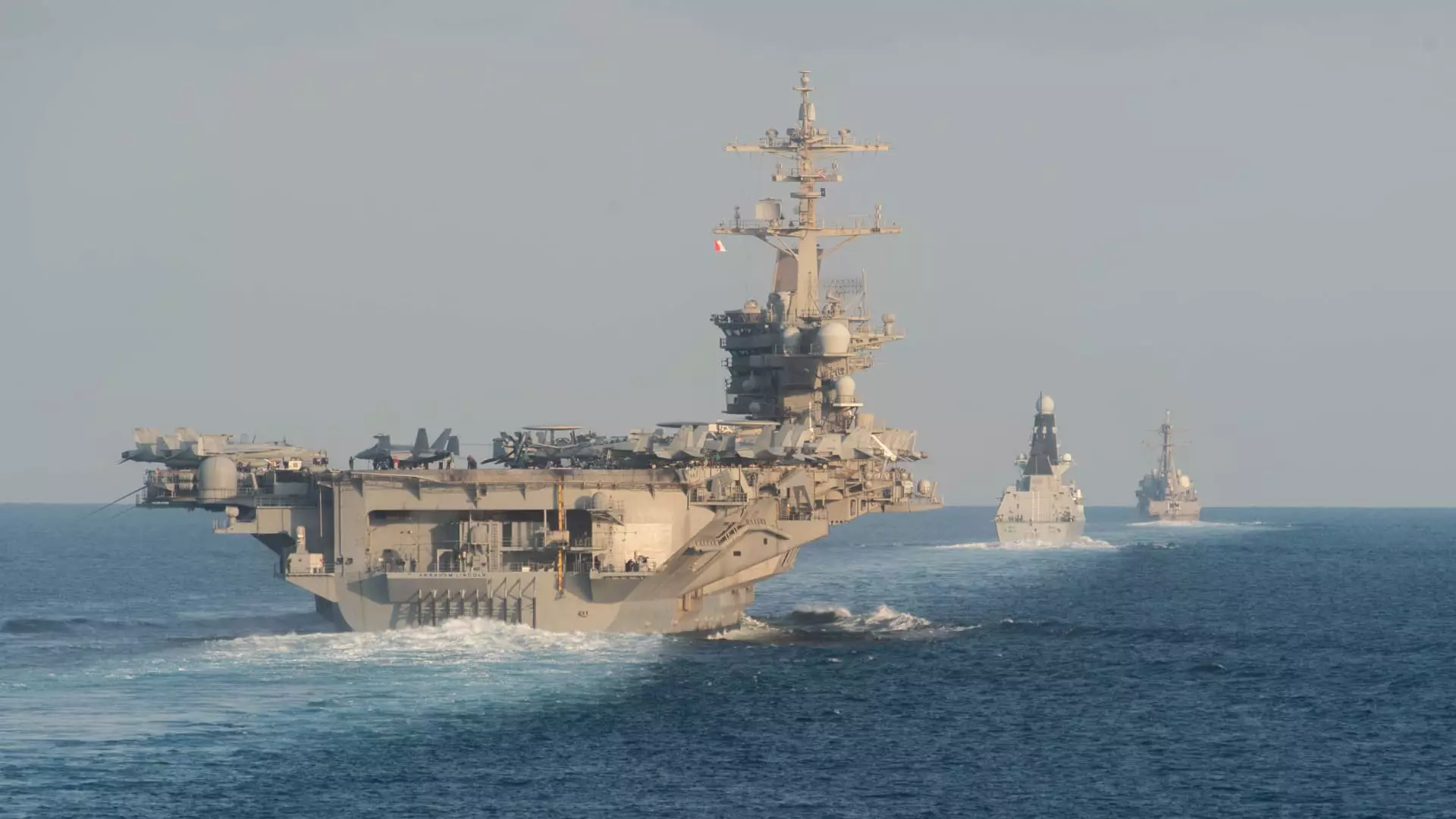The United States is ramping up its military presence in the Middle East in response to escalating tensions in the region. A statement from the Pentagon revealed that U.S. Defense Secretary Lloyd Austin emphasized the country’s commitment to defending Israel. The deployment of more troops and military hardware aims to bolster the U.S. military force posture and capabilities in the Middle East. This includes the dispatch of a guided-missile submarine and expediting the transit of a carrier strike group equipped with F-35C fighter jets.
The decision to reinforce U.S. military assets in the Middle East comes in the wake of a call between Secretary Austin and Israel’s defense minister, Yoav Gallant. The recent killing of Hamas’ former political chief Ismail Haniyeh in Tehran has heightened tensions in the region, with Iran vowing retaliation against Israel. While Tehran has refrained from immediate military action, the situation remains tense, leaving both allies and adversaries on edge.
The Biden administration has faced criticism for its handling of the situation, particularly regarding its support of Israel. Critics argue that the U.S. should leverage its influence to enforce a cease-fire and halt arms supplies to Israel. President Biden himself has condemned Israel’s offensive as excessive and highlighted the civilian casualties resulting from the conflict. The issue has also resonated with voters, as evidenced by the “uncommitted” ballots cast during the Michigan Democratic primary, signaling its importance in the upcoming presidential election.
An all-out war between Israel and Iran, along with Iran’s proxies like Hezbollah, poses a significant threat to the region. Both countries face pressure to respond militarily, raising concerns about the potential for a devastating conflict. Previous exchanges of missile strikes between Iran and Israel have been relatively restrained to minimize casualties. However, analysts warn that future retaliations could escalate tensions further, leading to more severe consequences.
The ongoing conflict between Israel and Iran has already taken a heavy toll on civilians, with thousands of lives lost and widespread destruction in Gaza. The death of Ismail Haniyeh, a key figure in cease-fire negotiations, has further complicated efforts to find a diplomatic solution to the conflict. The appointment of Yahya Sinwar as Hamas’ new political leader, known for his hardline stance and ties to Iran, raises doubts about the prospects for future peace talks.
The decision to bolster U.S. military presence in the Middle East reflects the escalating tensions in the region and the potential risks of a wider conflict. The Biden administration faces scrutiny over its support for Israel and its handling of the crisis. As the situation continues to evolve, the humanitarian and diplomatic implications of the conflict remain a cause for concern for all parties involved.


Leave a Reply